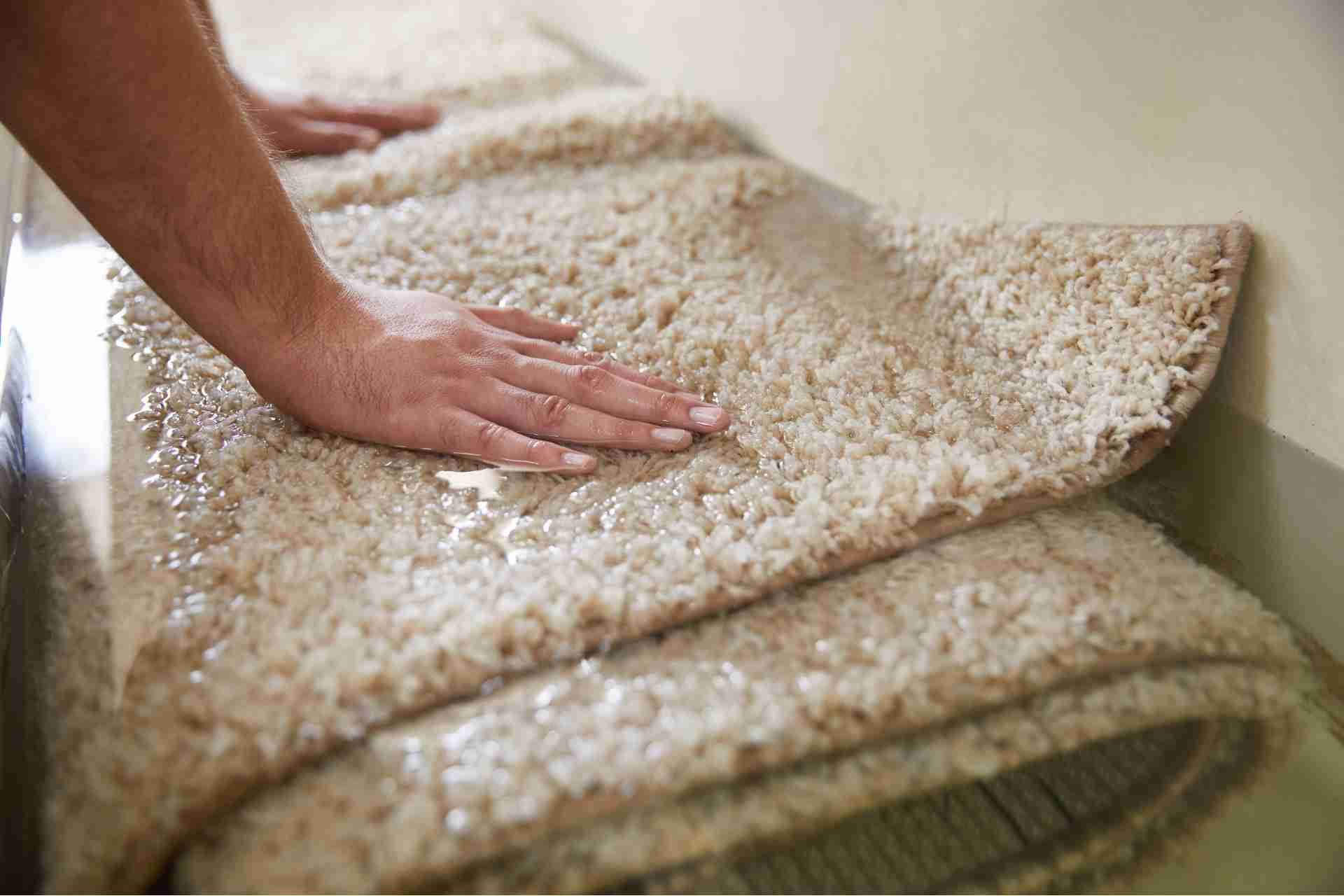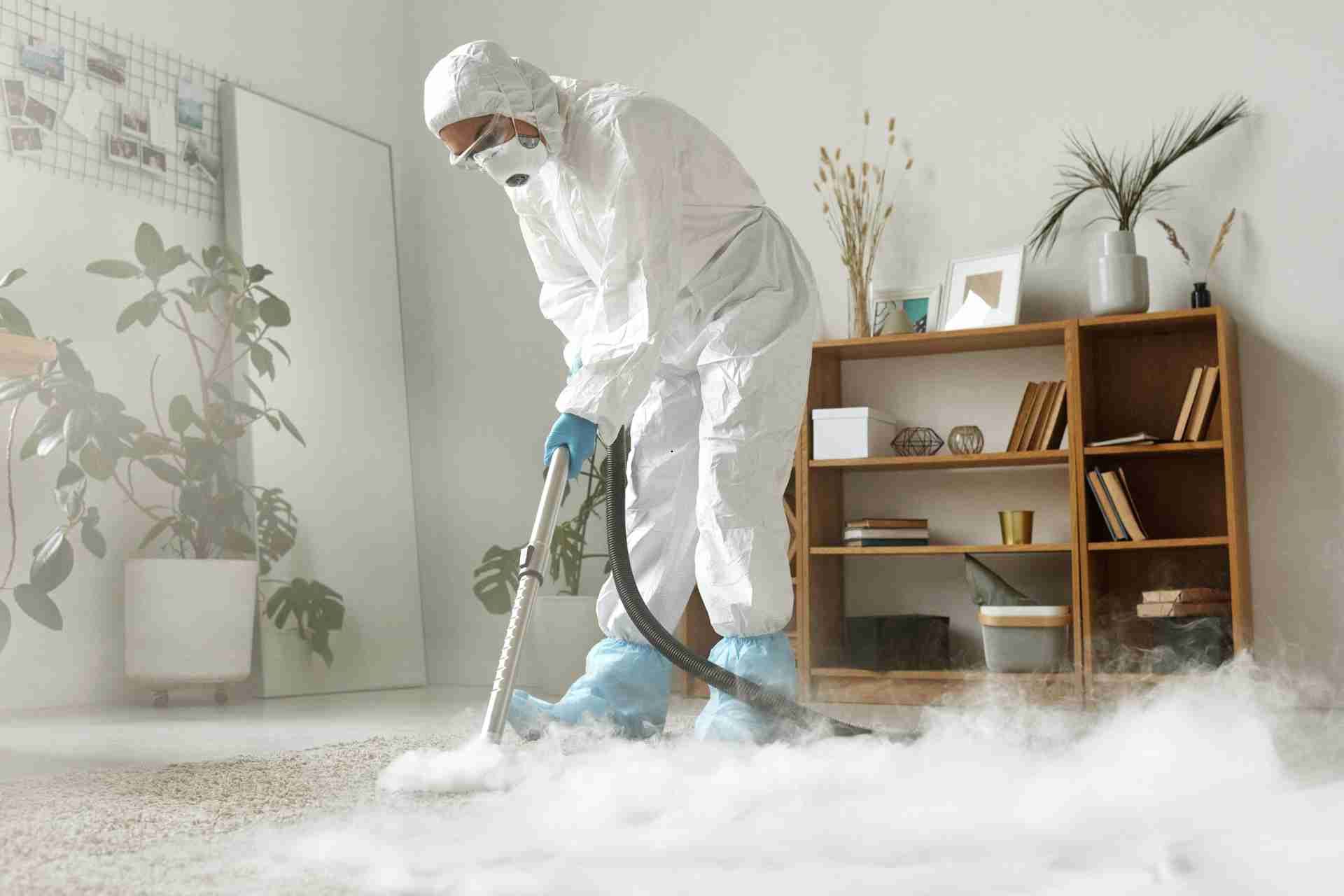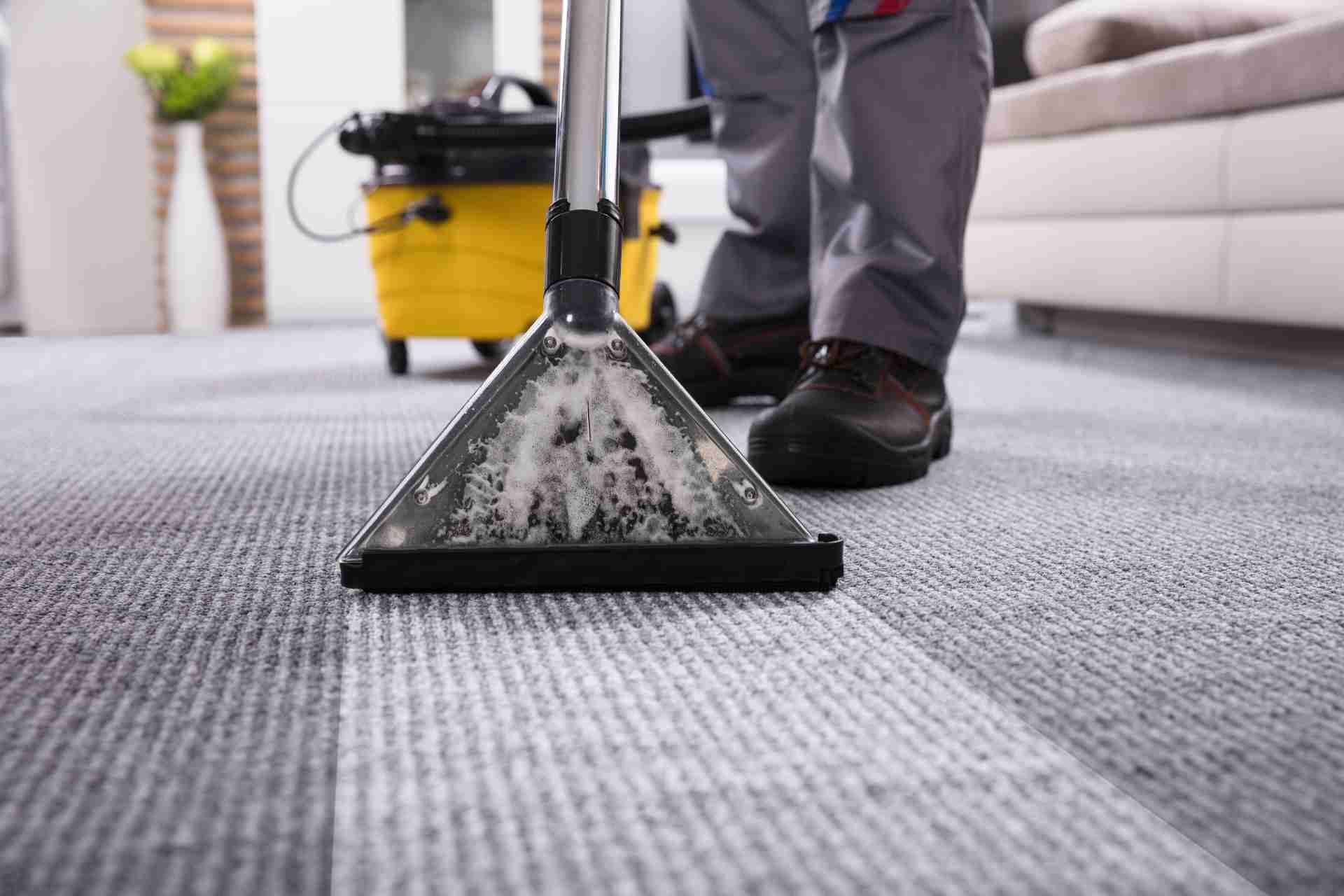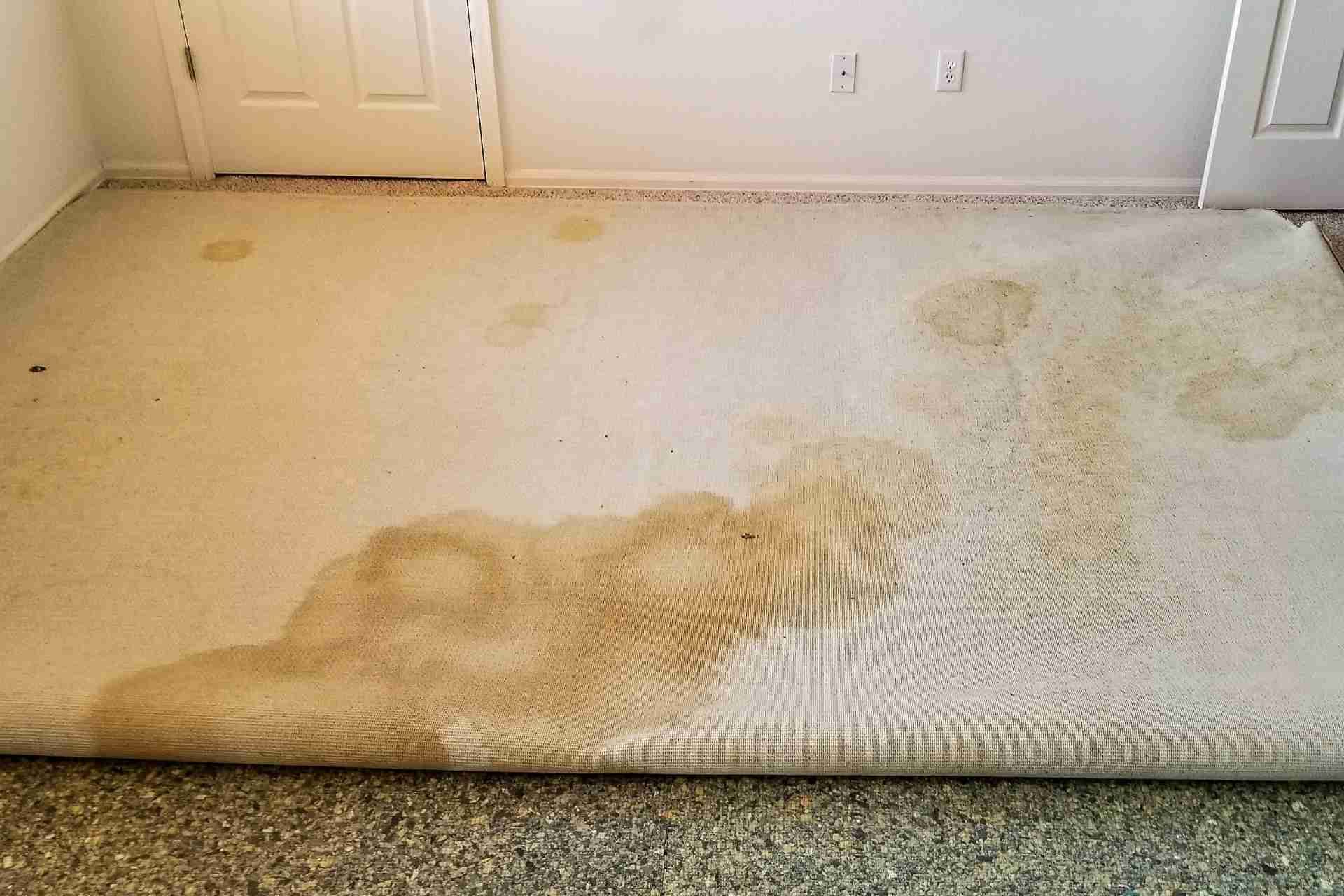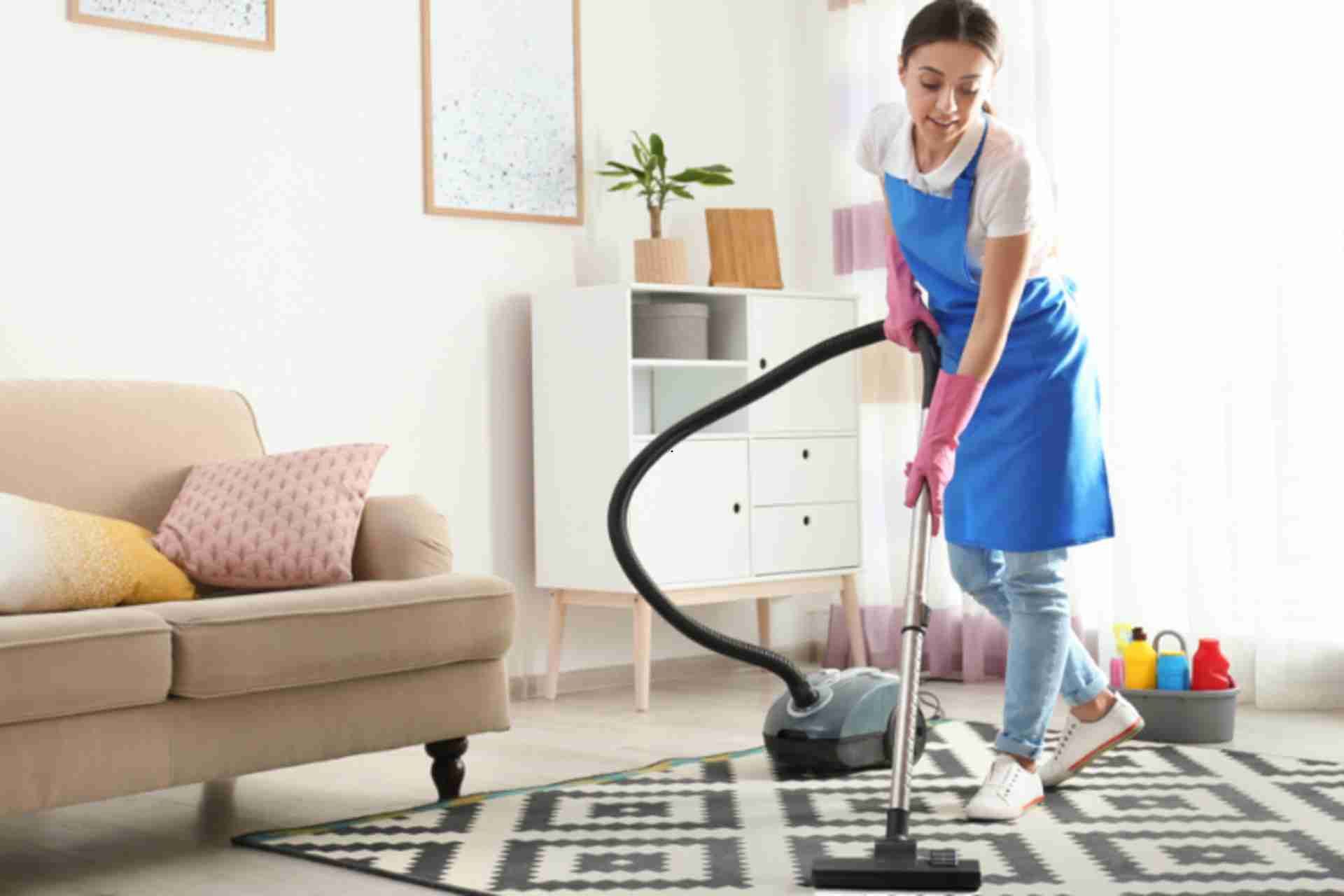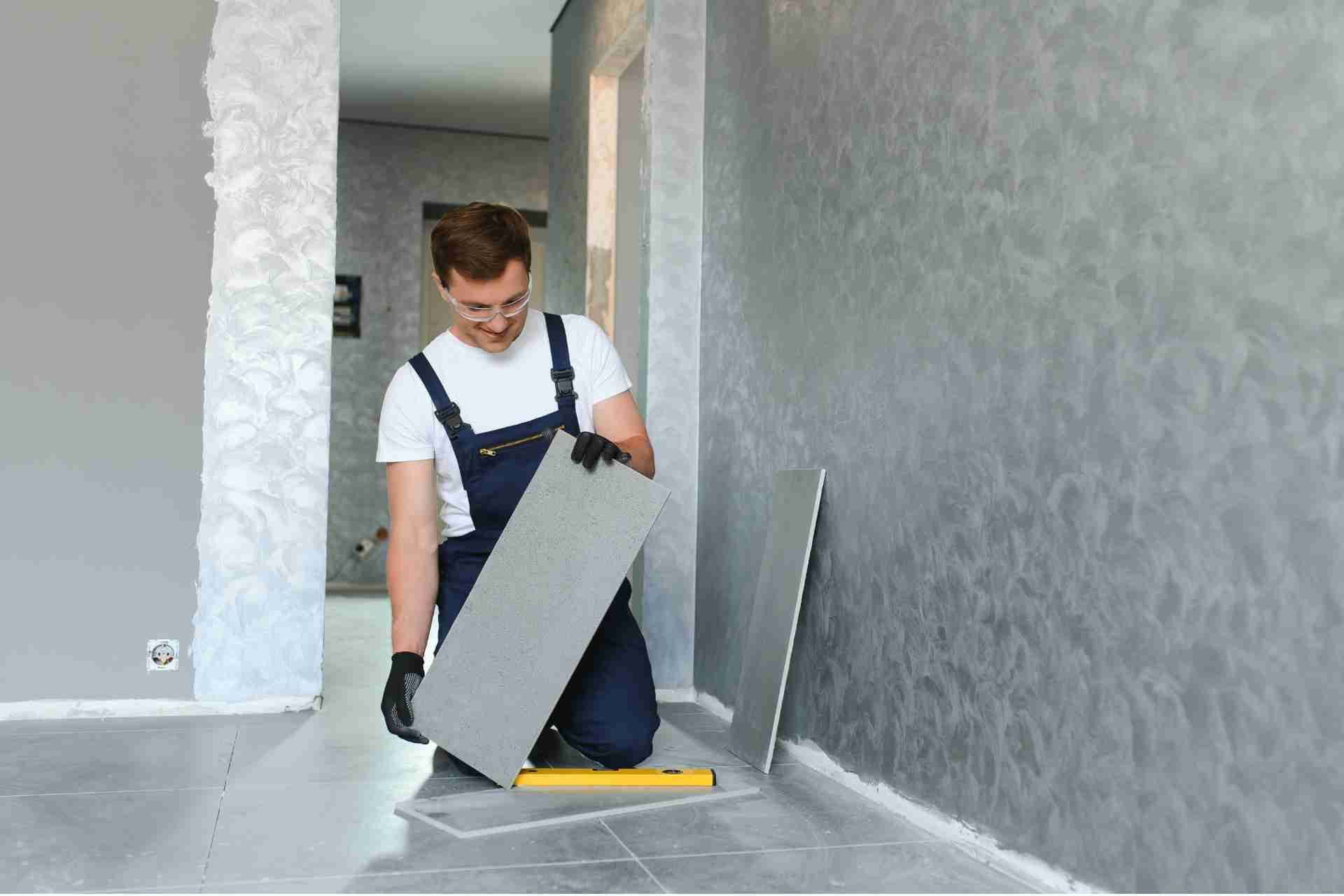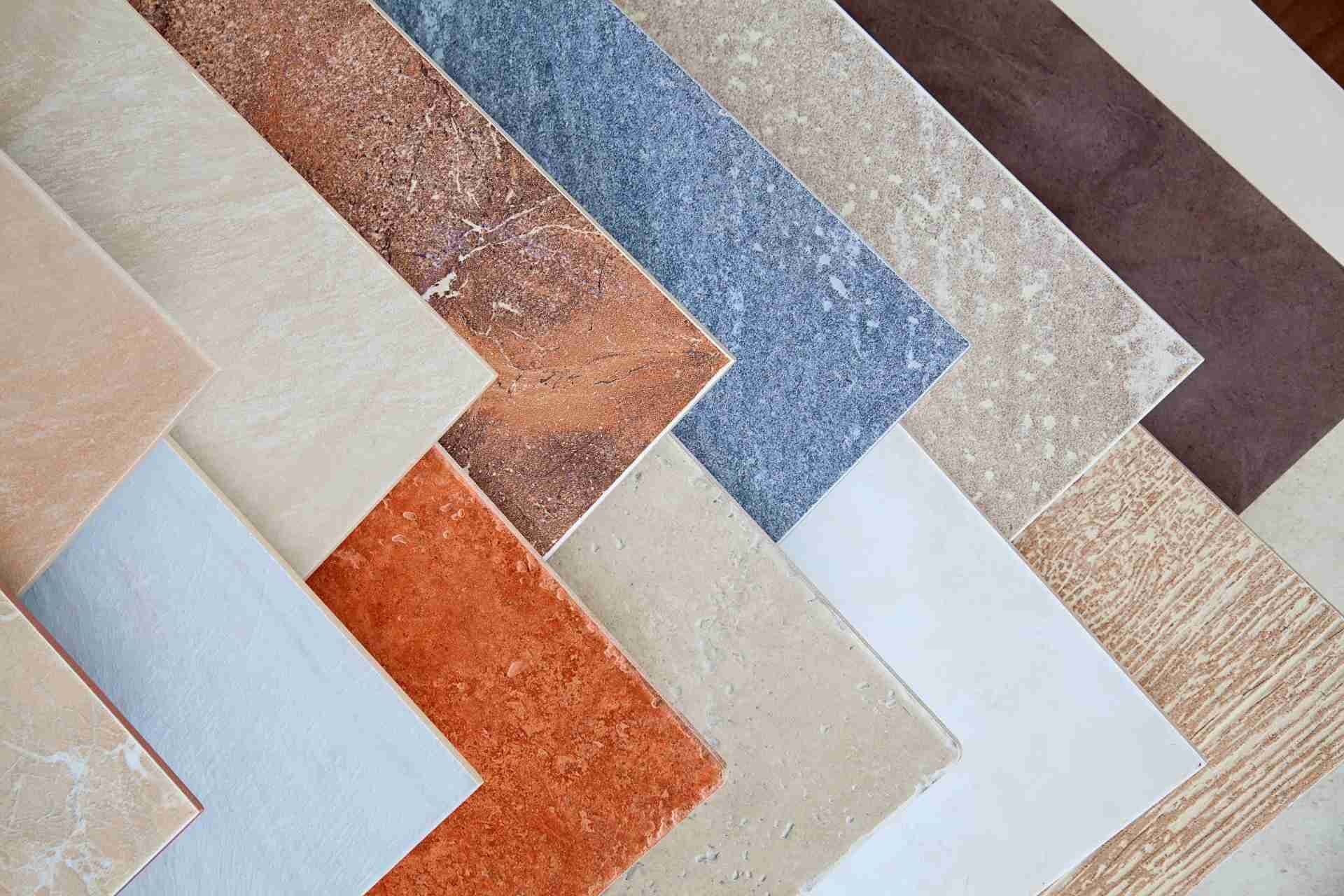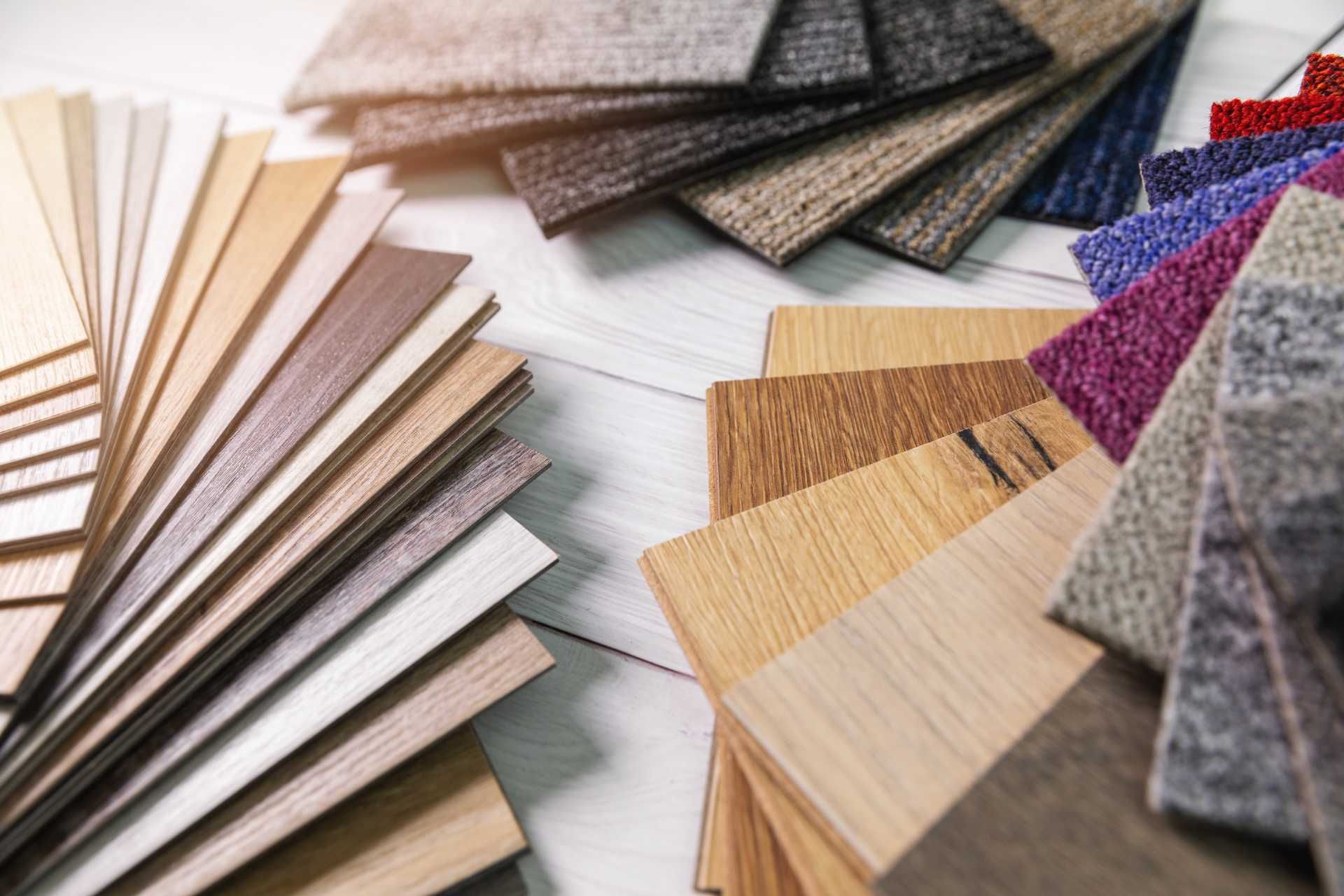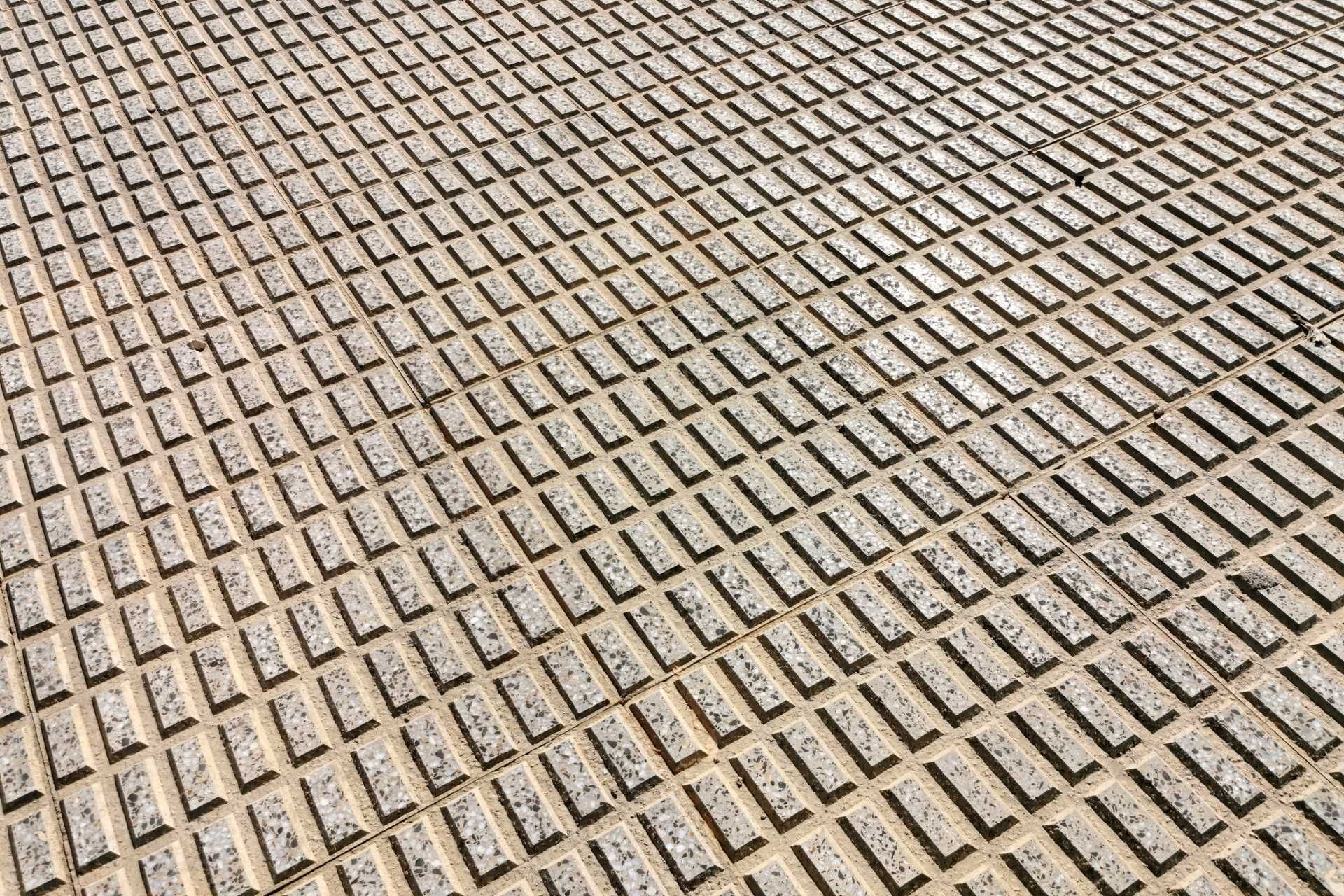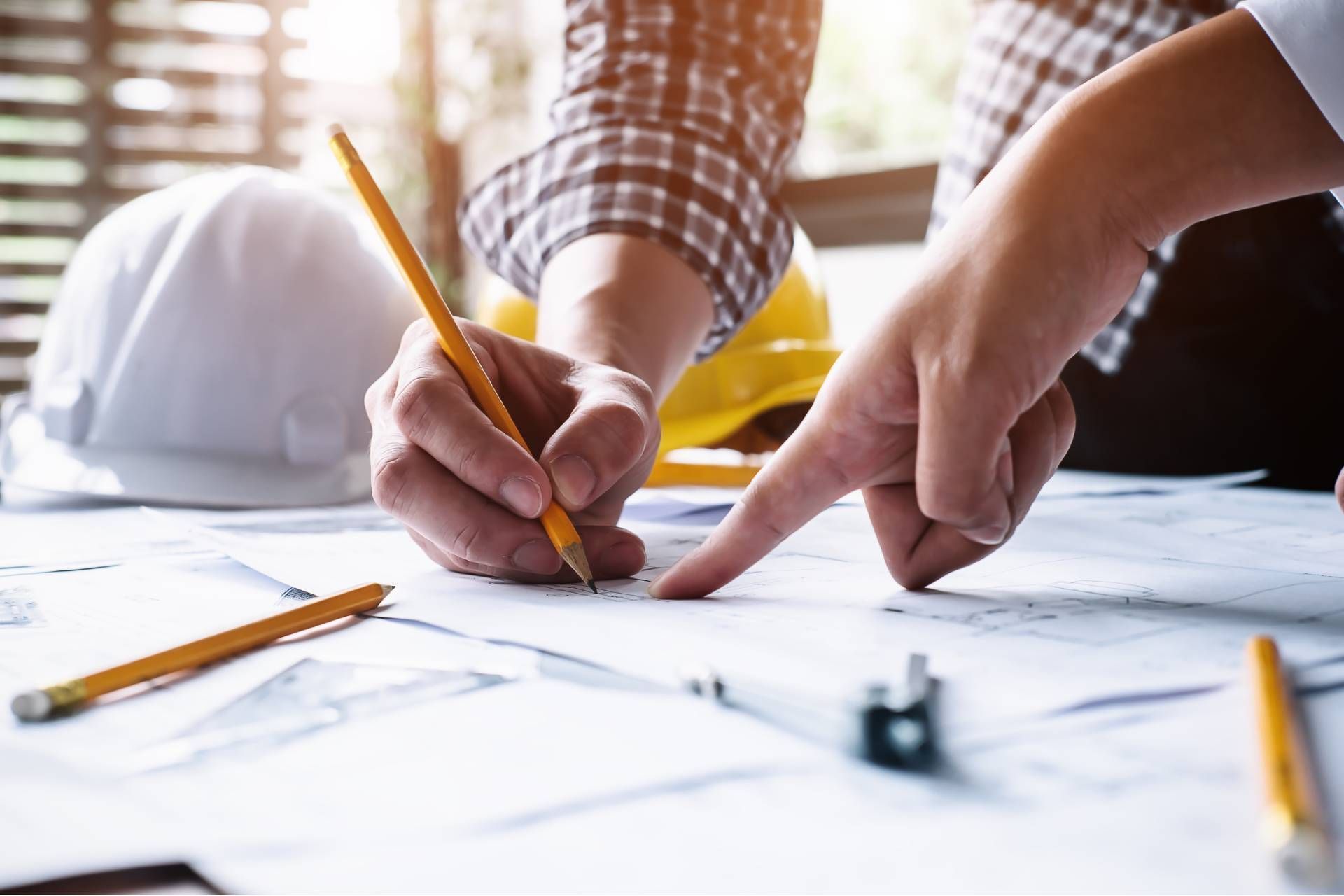Why use LVP Flooring in Bathroom?
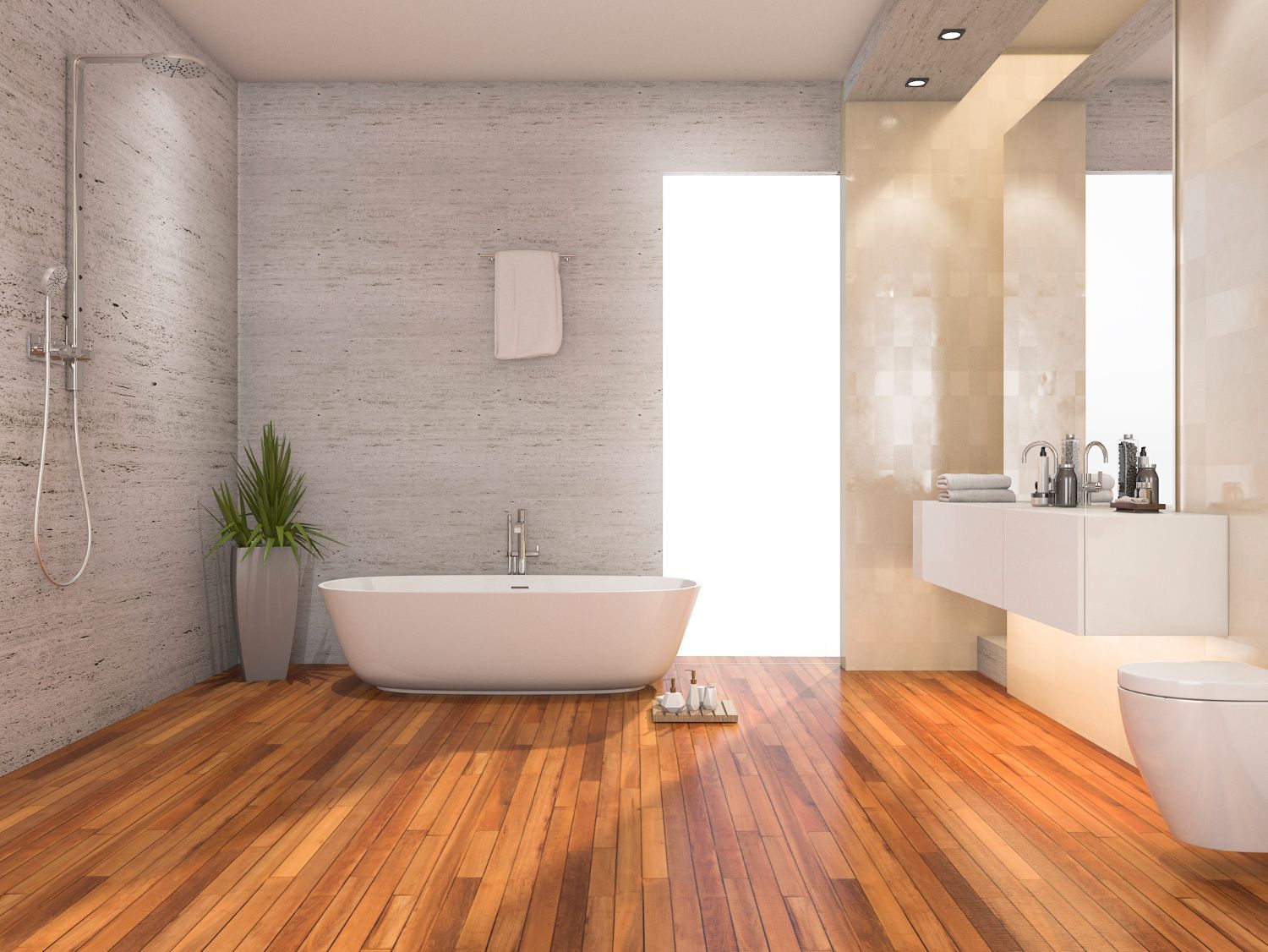
As a space where style meets functionality, selecting the right flooring is crucial. Enter Luxury Vinyl Plank (LVP) flooring, a versatile and sophisticated option that has been making waves in home improvement circles. Its unique blend of aesthetics, durability, and water-resistant properties has made it an ideal choice for bathrooms across the spectrum of design preferences.
Learn the benefits, installation tips, and creative possibilities of LVP flooring, ultimately demonstrating how this remarkable material can transform your bathroom into a haven of elegance and practicality.
What is LVP Flooring
LVP stands for Luxury Vinyl Plank, and it is a type of flooring material designed to mimic the look and feel of hardwood flooring. However, it's made from vinyl, which gives it several distinct advantages over traditional hardwood flooring.
Luxury Vinyl Plank (LVP) flooring is a popular choice for bathrooms due to its durability, water resistance, and wide range of design options.
Why Consider LVP Flooring in Bathroom?
Using Luxury Vinyl Plank (LVP) flooring in a bathroom offers a range of compelling benefits that make it a top choice for this particular space.
Water Resistance
Most LVP flooring is water-resistant, making it an excellent choice for bathrooms where moisture is common. However, it's essential to ensure that the specific LVP product you choose is rated for wet areas. Look for LVP with an "SPC" (Stone Polymer Composite) or "WPC" (Wood Polymer Composite) core for enhanced waterproof properties.
Subfloor Preparation
Ensure that your bathroom's subfloor is clean, flat, and dry before installation. Any imperfections or moisture issues should be addressed to prevent problems with the LVP over time.
Proper Underlayment
Depending on the specific LVP product and your subfloor type, you may need an underlayment. The underlayment can provide additional moisture protection and help with sound insulation.
Acclimation
Allow the LVP planks to acclimate to the bathroom's temperature and humidity for at least 48 hours before installation. This helps prevent warping or expansion/contraction issues after installation.
Installation
LVP flooring typically comes in a click-and-lock or glue-down installation system. The choice depends on your preferences and the specific product. A click-and-lock system is often easier for DIY installations, while glue-down may be preferred for additional water resistance.
Sealing Joints
Even though LVP is water-resistant, it's a good idea to apply a small amount of waterproof adhesive or sealant to the joints between planks during installation. This extra precaution helps prevent moisture from seeping between the seams.
Maintenance
LVP is relatively low-maintenance. Regular cleaning with a damp mop and a pH-neutral cleaner is usually sufficient. Avoid using harsh chemicals or abrasive cleaning tools that can damage the finish.
Rugs and Mats
To protect the LVP in high-traffic areas and minimize water splashes, consider using rugs or bath mats near sinks, tubs, and showers.
Repair and Replacement
LVP is designed to be relatively easy to repair or replace individual planks if they become damaged or worn over time. Keep some extra planks from your initial installation for this purpose.
Ventilation
Ensure that your bathroom has adequate ventilation, such as an exhaust fan or a window, to minimize moisture buildup in the room. Proper ventilation can help prolong the life of your LVP flooring.
LVP Flooring vs. Other Flooring Options
Luxury Vinyl Plank (LVP) flooring has gained popularity in recent years due to its versatility, durability, and cost-effectiveness. When comparing LVP with other flooring options, several factors come into play.
It can be a practical choice for bathrooms, kitchens, and other areas prone to moisture. However, the best
flooring option ultimately depends on your specific needs, preferences, and budget constraints.

